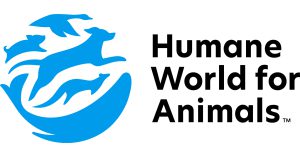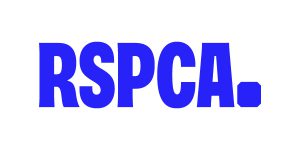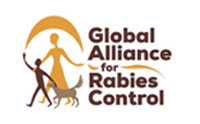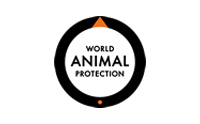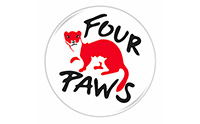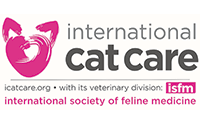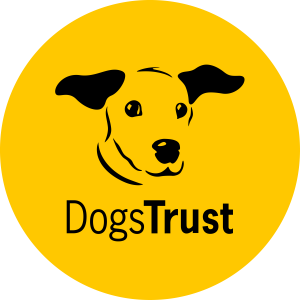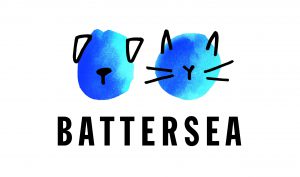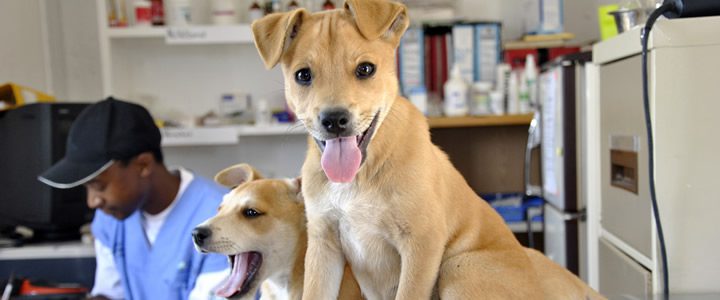
The following is our statement on COVID-19 and dogs and cats. ICAM’s answers to your Frequently Asked Questions (FAQs) about COVID-19 and companion animal population management are available here.
The facts
“The current spread of COVID-19 is a result of human to human transmission. To date, there is no evidence that companion animals play a significant role in spreading the disease” OIE (World Organisation for Animal Health). Whilst there are canine and feline coronaviruses which can make your dog or cat unwell, these are not the virus that is causing the current pandemic and do not cause COVID-19 disease (WSAVA).
For more information on COVID-19 in companion animals, please refer to WSAVA and OIE.
“There is no evidence that these animals can transmit the disease to humans and play a role in spreading COVID-19 WHO (World Health Organisation)
How does coronavirus affect dog and cat population management?
COVID-19 can be a very serious disease for some people. If they haven’t made provisions for someone to take over care of their pet, being taken into hospital may mean their dog or cat has to be taken to an animal rehoming centre (shelter) or other animal care facility, wherever this is an option. In countries with no animal care facilities, the challenges of caring for pets are greater and need to be considered ahead of time.
Animal rehoming centres will be under strain. Intake may increase due to taking on animals with ill owners and coping with those that have been abandoned or relinquished through misguided concern over transmission of coronavirus. Rehoming may also reduce as visits to centres decrease. Consider supporting your animal rehoming centre with adoptions or fostering support and financial or in-kind donations at these difficult times.
For rehoming centres, take a look at this Shelter Kit for COVID-19 (HSUS and AAWA), including actions for you to take and information for the public.
Governments and NGOs involved in dog and cat population management should not be alarmed, as there is no evidence that roaming (stray) cats and dogs can transmit COVID-19. This pandemic is not a justification for culling.
‘Lock-down’ procedures may force NGOs and governments to pause their field operations as part of dog or cat population management, leaving animals that would otherwise have been sterilised, free to reproduce. This may lead to an increase in unwanted animals. It should be noted that any rebound in stray animal populations will be limited in those populations that have benefited from reproduction control in the past, as a proportion of the population will already be sterilised. This can be contrasted to those populations controlled by culling where all remaining animals will have the capacity to breed. Using humane measures to manage dog and cat populations, including reproduction control, will have given communities greater resilience to this pandemic and resulting postponement of management activities.
As more countries go into ‘lock-down’, we call on governments to define pet food and critical veterinary care as ‘essential’ goods and services and therefore kept available for the dog and cat keeping and caring public.
What should I do with my pet dog or cat?
Dog and cat owners and carers should practice good hygiene when caring for dogs and cats. Washing hands frequently and before preparing their food will greatly reduce the risk of coronavirus transmission. There is no reason to abandon your pet for fears of coronavirus transmission. Your dog and/or cat will actually be your companion in the event ‘lock-down’ measures take place in your community.
Dog and cat owners and carers should be making provisions for continuing to provide care for their animals during both illness and ‘lock-down’ procedures. Proactively planning ahead to ensure they have sufficient food, medicines (including instructions on dosages), transport cages (in case relocation is required), vaccinations up to date, ID tags and calling on friends and relatives to be available to take over caring for their pets, if owners become too unwell to do this themselves.
In an abundance of caution, when owners are sick with COVID-19 they should avoid close contact with their pets. These precautionary measures will keep your pets safe from the virus.
15th May 2020: This statement is based on current evidence of COVID-19 and will be updated as new information is presented.
Further information
- For owners and carers:
- Everything you need to know about coronavirus and pets (World Animal Protection)
- Two infographics on pets and coronavirus: ‘Comfort in crisis’ and ‘Walking someone else’s dog’ (Canine & Feline Sector Group in the UK)
- For rehoming centres:
- Shelter Kit for COVID-19 (HSUS and AAWA)
- For veterinarians:
- For governments animal health departments:

